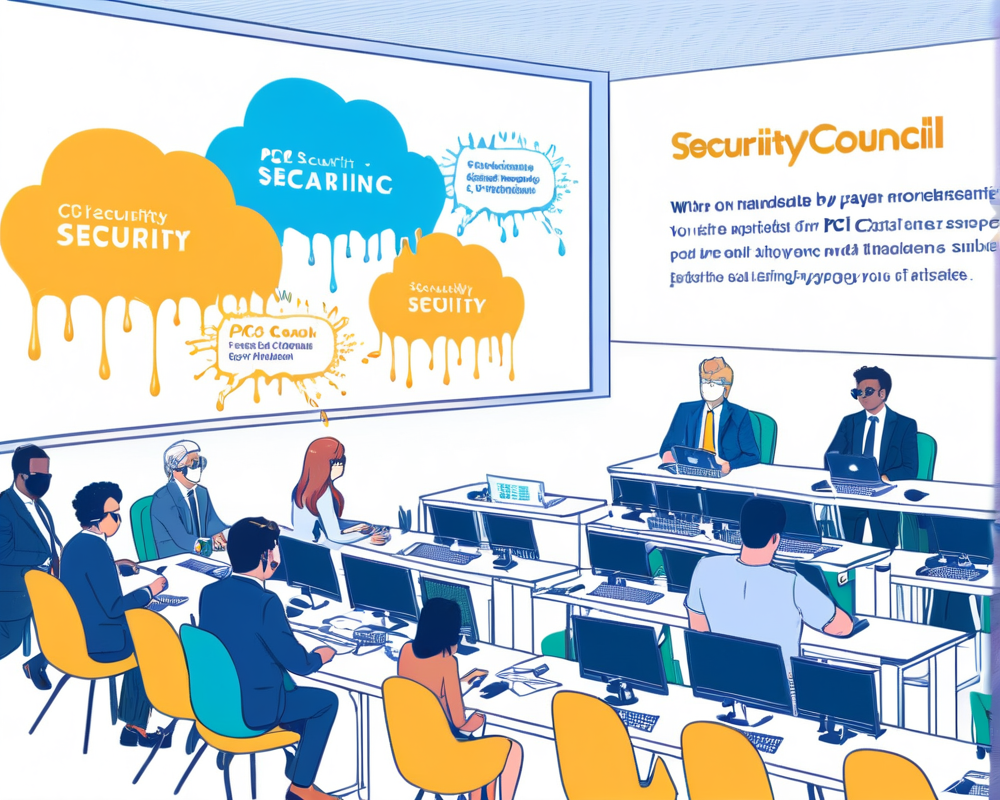The Rise and Fall of Wonderland Protocol
Wonderland Protocol was once the talk of the decentralized finance (DeFi) world, flourishing with the excitement of innovation. That was until January 27, 2022, when DeFi analyst Zachxbt dropped a bombshell that changed everything. The revelation? One of its anonymous co-founders was none other than Michael Patryn, also known as Sifu, former QuadrigaCX co-founder.
QuadrigaCX: A Crypto Cautionary Tale
In case you’ve been living under a rock or unreachable by Wi-Fi, QuadrigaCX was a Canadian cryptocurrency exchange that went belly up in 2019. This unraveling occurred after Gerald Cotten, its founder and the sole custodian of the exchange’s wallet keys, mysteriously died during a trip to India. The end result? $169 million worth of user funds vanished into the digital ether (pun intended) and a cascade of lawsuits ensued. Turns out, Cotten’s death sparked conspiracy theories not unlike a low-budget thriller— did he fake his death to escape with the cash?
Sifu: The Man Behind the Curtain
According to Zachxbt’s exposé, Sifu wasn’t just a crypto enthusiast but rather a man with a criminal past involving identity theft and credit fraud. Known in the past as Omar Dhanani, he would later serve 18 months in federal prison. You might say he was more than a little qualified to stir controversy in a space already infamous for its unpredictability. Unfortunately for Wonderland, his checkered past wasn’t just a headline; it was a storm brewing on the horizon.
The Community Backlash and Fallout
Once Sifu’s identity was confirmed, Wonderland’s founder, Daniele Sestagalli, claimed to have known about his past but thought it was water under the bridge. Spoiler alert: the community did not share his sentiment. In a swift move of digital democracy, they voted overwhelmingly to remove Sifu from his position. What followed was a chaotic wind-down effort that felt less like an elegant exit and more like a chaotic last call at a bar before closing time.
Lessons Learned: Governance in DAOs
As we dissect this saga, we can’t overlook the lesson it teaches about decentralized autonomous organizations (DAOs). Ideally, DAOs function without centralized control, allowing community governance to flourish. Yet, the Wonderland Protocol revealed that even in a decentralized system, centralization can creep in and decisions can unexpectedly rest in the hands of a few.
Vincent Choy from Oz Finance points out that DAOs need to scrutinize their governance mechanisms, ensuring that a handful of individuals don’t carry the weight of a thousand decisions. Moving forward, the community must emphasize trust and transparency, especially when past players have checkered histories.




